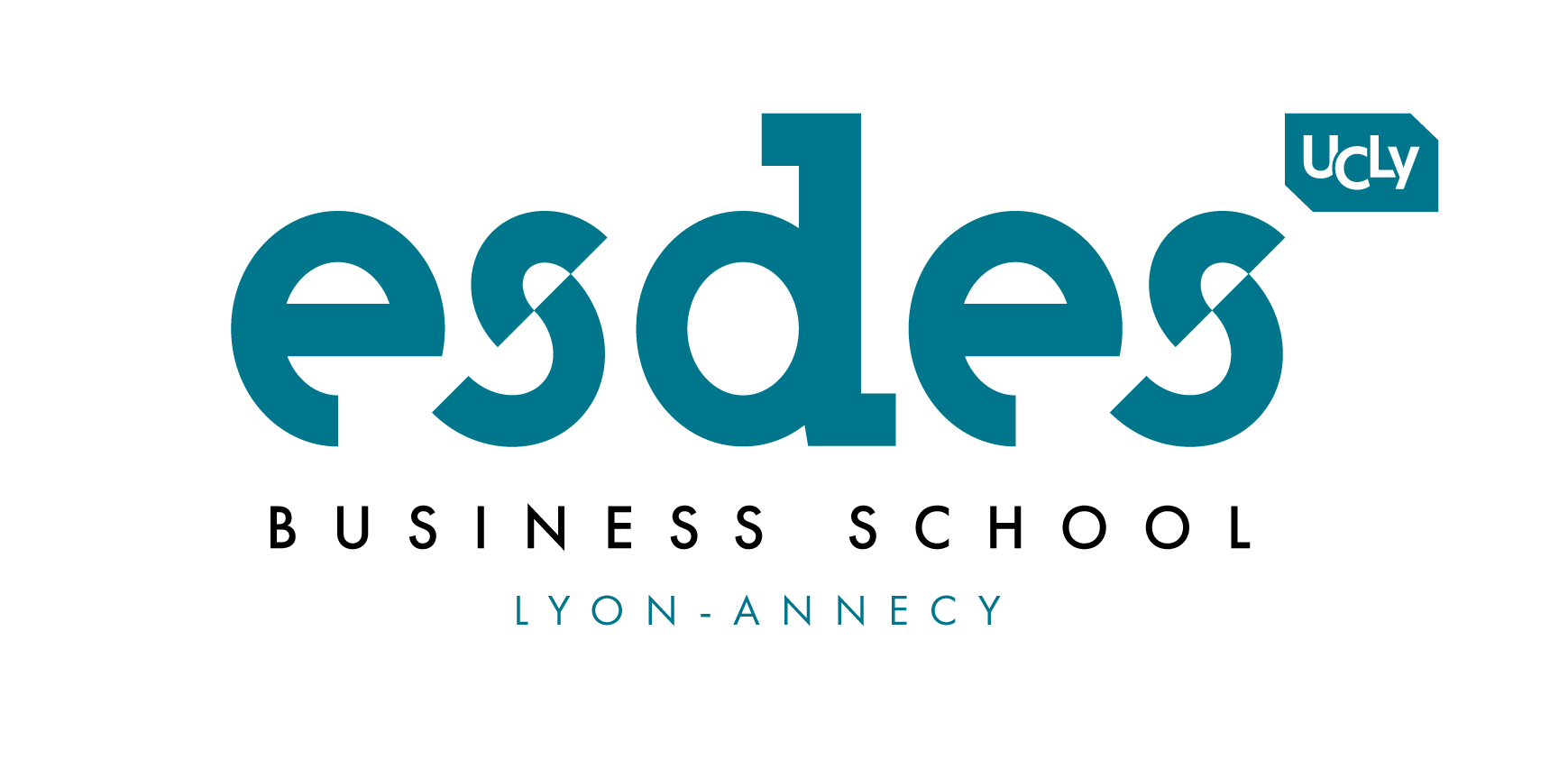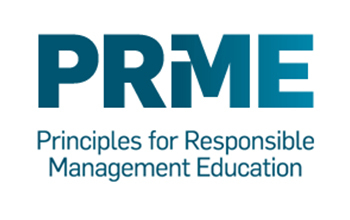- Homepage
- ESDES’s blog
- Research
- Economic sobriety and technological frugality
Christian Le Bas
3 min.
12 May 2022
Economic sobriety and technological frugality: complementary concepts with beneficial consequences that encourage sustainable development
Christian LE BAS (clebas@univ-catholyon.fr)
Full Professor of Economics, Institute of Sustainable Business and Organizations. Confluence: Science and Humanities - UCLY, ESDES
Consumption typically booms at the end of the year (toys, food, travel, and gifts of all sorts), and 2021 was no exception. Indeed, the United States actually recording the biggest rise in consumer spending in 17 years, making it hard to believe that the struggle to slow down our way of life and instigate an era of more moderate consumerism has already begun (Laurent Assouly in an opinion piece in Le Monde, 31st October 2021). Travel less, buy local or second-hand … the basic concepts, however, seem to be swaying public opinion (opinion piece in Le Monde by Claire Legros, 17th November 2021). The ideas are also supported by a school of thought and academic research promoting economic sobriety as a lever for the transition towards a more sustainable economy, i.e., one that is more profitable in ecological terms. The underlying driver is obviously consumption. Scientific research defines two aspects to consumer sobriety: it can involve spending restraint (standard saving behaviour: spend less); and it can also involve sobriety or restraint in what or how we consume (responsible behaviour underpinned by reusing and recycling). Economic sobriety, does not, therefore, always require us to consume less (a position that intersects with all ‘degrowth’ thinking), however, it does require us to consume differently (which means making lifestyle changes).
There are at least three types of issues with this approach. First, given economic inequalites, whole social classes are rendered incapable of attaining consumption ideals, making it difficult to ask them to try to reduce consumption. Second, when it comes to consuming differently, individual consumers are fundamentally free to make their own choices. Planning and imposing ecological consumer choices to produce lifestyle changes (dictatorially or otherwise), therefore seems impossible. Thirdly, there is the pricing policy issue: pricing policies aimed at reducing prices are usually highly ineffective due to the Jevons (rebound) effect; and when prices are raised, there is a major impact on consumers on low incomes. Consumption sobriety (or restraint) cannot, therefore, be dictated. Hence, the solution must lie in assisting, supporting, and inciting profound lifestyle changes. To this end, technological frugality may prove to be a highly useful tool.
Frugal technological innovation has been extensively researched by scientists in the fields of management sciences and innovation research. However, more significantly, the concept has captured the hearts and minds of professionals, economic operators and consultants, who are interested potential of technological frugality as a lever for consumption. They believe that technological frugality may favour the inclusion of social classes on lower incomes and promote sustainable development in less advanced economies (‘produce more with less for more people’). This concept was discussed in an opinion piece I wrote for Le Monde. I have tried to demonstrate that frugal innovation should not merely be equated with low-tech innovation (indeed it is not always low-tech), nor should it necessarily be associated with low-cost products. Instead, it should be seen as a new technological paradigm (technological frugality). This paradigm notion, which has been used in studies addressing economic innovation since the 1980s, reveals how problems are solved in an identical way for an entire set of differing technologies. The paradigm of technological frugality is a powerful driver for the production of new technological tools. This new direction in technological change has surprising resultant characteristics: products with fewer spurious effects and fewer functionalities, decreasing technical complexity, and simpler designs that nevertheless function perfectly. Frugal products are lighter, more compact, and easier to use. This means that they have remarkable (and as-yet largely over-looked) environmental properties: frugal innovation economises on natural resources (including energy). New frugal products are easier to repair, thus bolstering the recycling principles underpinning the circular economy (repair, recycle, reuse), and they are supposed to have longer economic lives, another factor that reduces pressure on natural resources.
Technological frugality has obvious potential as a tool for promoting sustainable development, and for supporting economic sobriety - the simple living we need to embrace and which is expressed through how we consume, as discussed above. Rather than consuming less, the aim becomes to consume a different type of frugal goods with ecological and sustainable properties. The work of von Janda, Professor of Marketing at Mannheim University seems to reveal that there are increasing numbers of frugal products of basic quality, characterised by low consumption costs and demonstrating a form of environmental sustainability related to a more careful consumption of resources. Furthermore, these products have the potential for meeting developing consumer needs (and are even becoming fashionable!) while also having a positive impact on consumers’ quality of life. The products offer an opportunity for consuming in a way that respects the environment, and they come with the potential for using resourses prudently and economically. When trying to support sustainable economies, therefore, public policy appears to be more effective if it is linked to economic sobriety in consumption and technological frugality in the production of goods.










